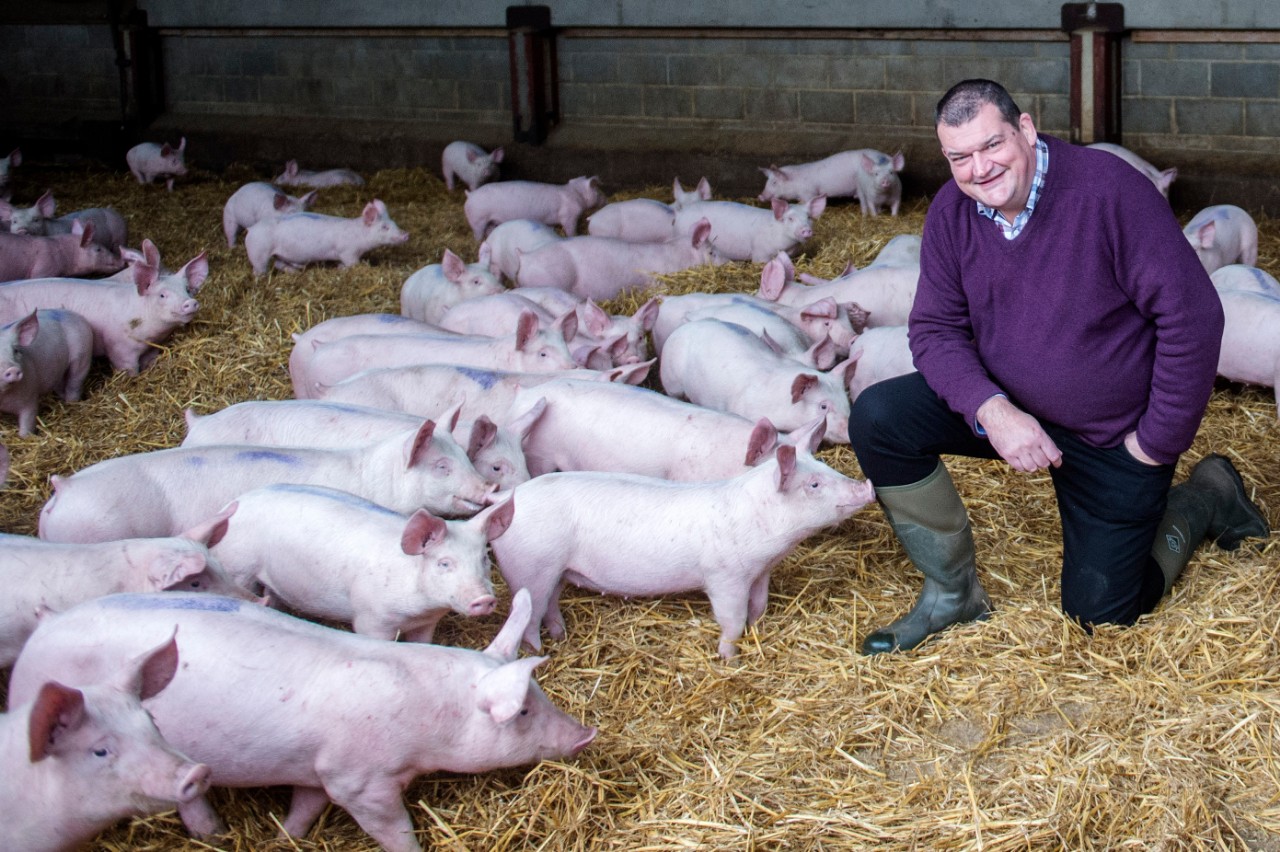After all the furore in Parliament last year about leaving the EU and how this issue has since been overtaken in the media by the coronavirus pandemic, some people could be excused for thinking that our departure from the EU is complete.
In fact we are now in the transitional phase while our future relationship, in terms of trade, immigration and other aspects, is negotiated.
With political and media attention now locked onto the Brexit Bill as it passes through Parliament, we are told that that the previously settled Withdrawal Agreement is “about to unravel” with the real prospect of no trade deal in place before the transitional phase expires at the end of this year.
There are significant issues at stake in the short and longer term for farmers. The possibility that the UK defaults to World Trade Organisation Rules in relation to EU trade is the focus once again. The Government has already published details of tariffs to be charged from January 2021 for goods imported from other countries with which it does not have a trade agreement.
Typically, these seek to protect many areas of UK plc, including agriculture. What tariffs will be imposed on UK exports to the EU is not so clear, nor is the logistical issue of documenting and controlling imports and exports between the UK and EU countries. Forward planning therefore becomes very difficult for farmers.
Food standards and animal welfare regulations will play an important role in shaping the commercial opportunities available between the UK and other countries worldwide.
Here, progress has been made quietly behind the scenes while the world has understandably focused on the immediate health and economic impacts of Covid-19.
A review of recent Government Bills within agriculture gives an indication of the intended regulatory framework and the protections likely to be given to domestic producers and the possibilities for promoting quality UK agricultural products into the EU and beyond.
We have seen a flurry of Government Bills to fill the legislative and policy vacuum that has enveloped agriculture as a result of our leaving the EU. Since January, the Government has published Agriculture and Environment Bills as well as draft legislation relating to direct payments to farmers. The government has also launched a National Food Strategy, the first for 75 years, and, most recently, a consultation on the initial proposals for designing an Environmental Land Management Scheme.
The NFU has welcomed the positive signs within The Agriculture Bill and, in particular, the new Trade and Agriculture Commission. The commission will have proper industry representation and will advise the government on the trade policies it should adopt to ensure animal welfare and environmental standards are not compromised and so secure export opportunities for UK farmers.
The future direction of the sector promises to be very different from before and arguably represents the most comprehensive change in agriculture and rural affairs since 1947.
Deal or no deal with the EU, UK agriculture is changing and a structure and supporting bodies have quietly been put in place to take us forward into this brave new world.
While a ‘no deal’ outcome in relation to the EU talks may result in significant short-term adjustment, and even disruption, the proposed new structure of UK specific regulation covering food standards and welfare aims to provide both protection and opportunity.
It will be a challenge, and there will be casualties, but our agriculture will survive and thrive. Our farmers will continue to lead the world in both standards and productivity.
A version of this article first appeared in the farming section of the Darlington and Stockton Times on 25th September 2020



